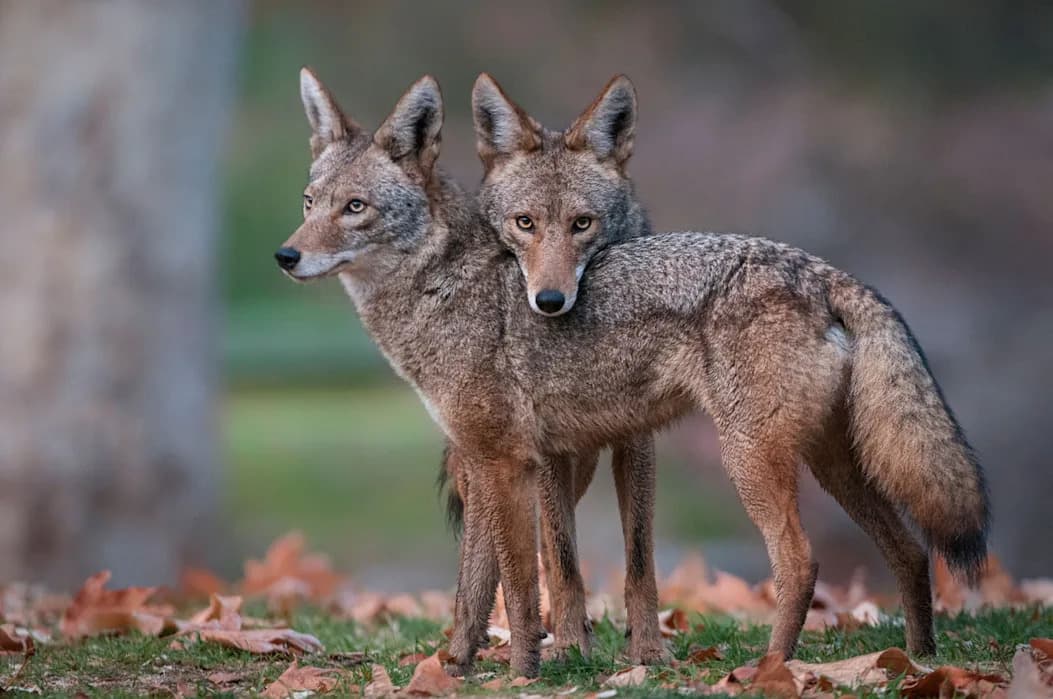Researchers observed leopard seal mothers off Patagonia caring for dead pups—a behavior called postmortem attentive behavior (PAB) newly documented in this species. Sperou and Borras-Chavez (University of Rhode Island) report mothers nuzzling, carrying, defending and transporting corpses, with one case lasting 20 days. The authors argue PAB may be maladaptive and suggest lingering oxytocin-driven maternal bonds as a proximate cause, while others propose enhanced social cognition as an alternative explanation.
Heartbreaking Loyalty: Leopard Seal Mothers Tend Dead Pups in First Recorded Case of PAB

Leopard seals are typically known as solitary, powerful predators of the Antarctic—territorial animals that prey on penguins, squid and other seals. New field observations reveal a surprising and poignant behavior: mothers caring for their dead pups.
Field observations
Postdoctoral researchers Emily Sperou and Renato Borras-Chavez of the University of Rhode Island documented this behavior off Patagonia, Chile, and published their findings in Polar Biology (2025). For the first time in leopard seals, they recorded postmortem attentive behavior (PAB): mothers nuzzling deceased pups, carrying them in their mouths, defending the area around the corpses and even transporting the bodies between ice floes. One female attended her pup's body for 20 days—among the longest PAB episodes reported in any species.
Interpretations and possible causes
Whether these actions amount to what humans call "grief" is a philosophical question, but the researchers argue the behavior appears maladaptive: prolonged attention to a dead offspring seems to provide no clear survival benefit. Sperou commented that "it's actually a maladaptive trait," reflecting the study authors' interpretation.
The team points to a proximate hormonal explanation: oxytocin, which strengthens maternal bonding after birth, may persist and keep caregiving behaviors active even after offspring death. An alternative hypothesis, offered by other scientists studying marine mammals, is that higher social cognition—developed for complex social interaction—may cause mothers to continue protective or caregiving motions despite the pup's death.
Why it matters
These observations broaden our understanding of pinniped social behavior and raise questions about the biological and emotional drivers of maternal responses to offspring loss. Future work should test hormonal mechanisms, measure the prevalence of PAB in seals, and assess ecological costs or consequences of prolonged maternal attention to deceased young.
Image credit: Sperou, E.S., et al., Polar Biology (2025).
Help us improve.


































